Tasks, feedback and assessment in secondary English language teaching
Communicative English language teaching (ELT)
mainly recommends “message before accuracy”. On the one side, students’
participation is encouraged by a more tolerant stance towards mistakes, because
concomitantly the so-called language threshold is mitigated with a more liberal
stance towards correctness. On the other side, without any doubt, accuracy needs
to be a set target of ELT as well, as in more formal environments (e.g.
college, work), the same is – directly and indirectly - assessed.
This seminar focuses on secondary classrooms (whereby, of course, everyone with interest in the topic and a willingness to actively participate is welcome). We will proceed mainly twofold – at first formal/written exams, thereafter oral classroom dynamics:
We will start to look at exams from the qualification phase. At first, you will correct them in accordance with criteria-based assessment of the Ministry for Education (HKM). Beyond language assessment, we should also look at content-based assessment, and examine the possible interrelationship of language and content. Beyond grading: how can you provide productive feedback? Thereafter, after having received a better idea about formal regulations, you are set to develop own exams, along with assessment criteria – both for older and younger learners. We will look at your results and discuss about the pros and cons of certain procedures.
The second part deals with oral communication during natural classroom dynamics. How can we make students speak, without any fear or making mistakes? How do we establish a productive feedback culture, both peer-to-peer as well as in the plenary (by the teacher)? How can we encourage weaker and/or shyer learners to feel comfortable in the environment, and abate their fear of making mistakes? Last but not least: what specific criteria need to count towards oral assessment?
We may also deal with specific question of school language use (German), i.e. like: better using German than not speaking at all? How to prevent fallbacks in general? Or is the use of German a tabu? Can a judicious and principled use of German be a compromise? And: how should assessment be integrated into such classroom cultures?
Depending on the further developments during the COVID-19 pandemic, students of my school may visit the seminar (or vice versa), and tell you more about their opinions regarding the seminar topic, and maybe even coach you, so you receive an input directly from the stakeholders as well…
- Trainer/in: Subin Nijhawan
